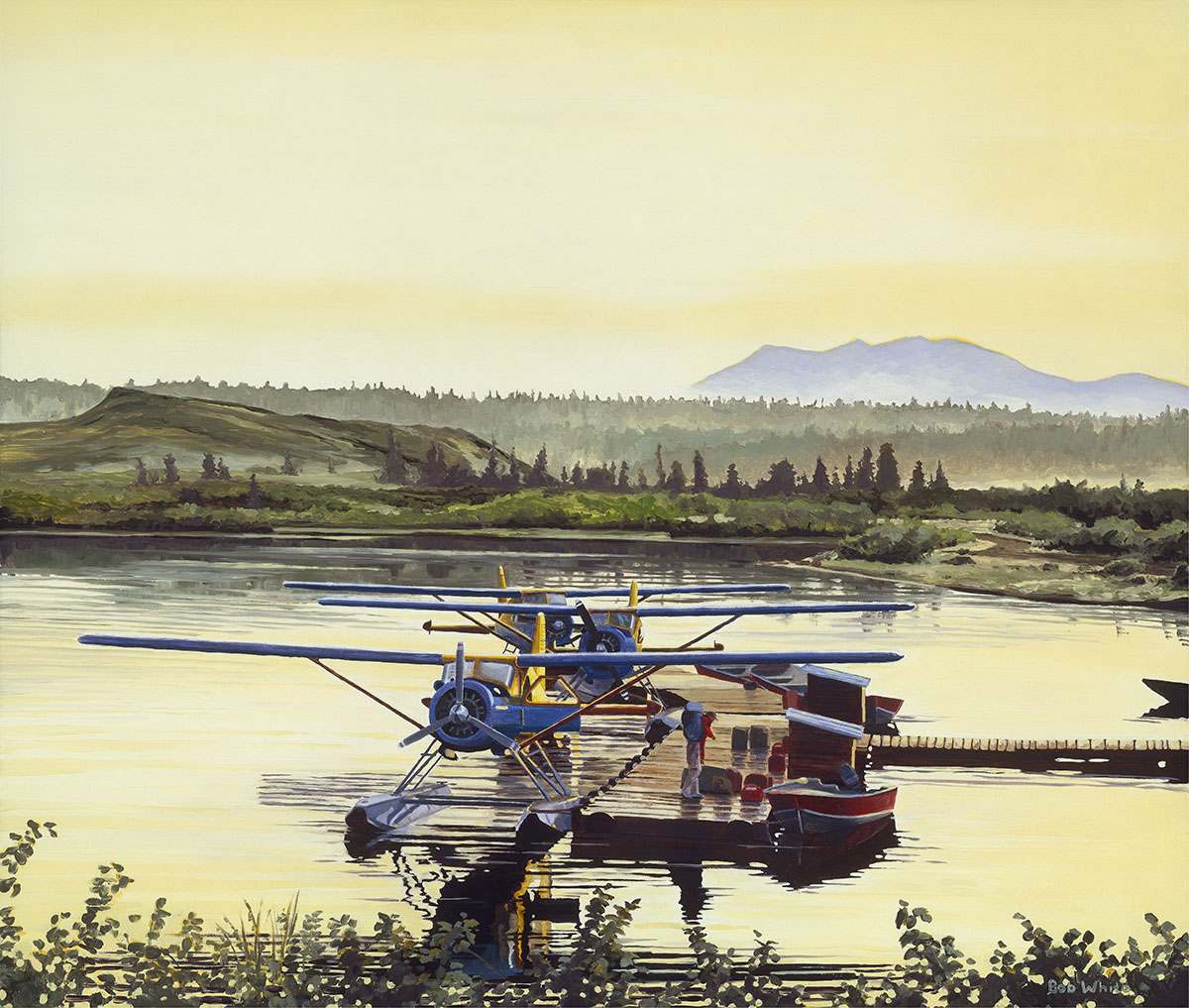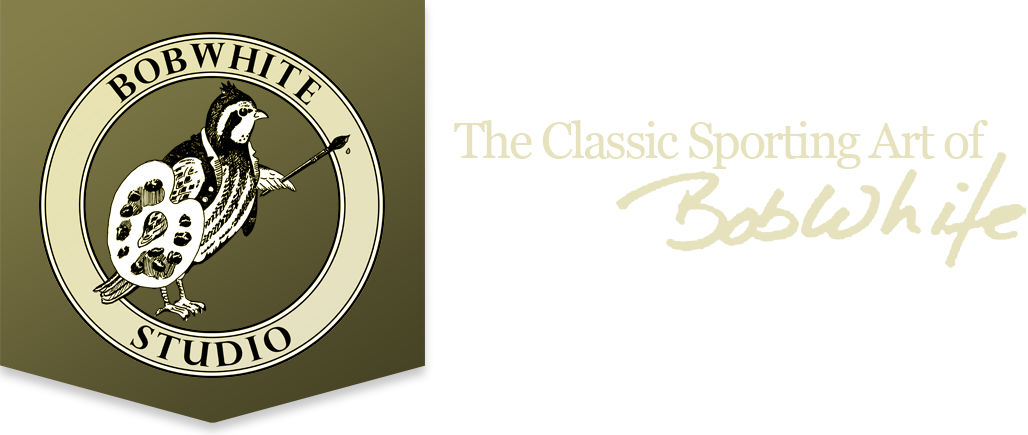
“We can’t all be heroes because somebody has to sit on the curb and clap as they go by.”
~ Will Rogers (1879 – 1935)
It happened again last night. As I walked to the studio, a soft and distant murmur, high in the dusking sky led my eyes to the blinking lights that marked the passing of a single engine airplane.
Who is he, I wondered, and where’s he bound? Is he anxious to arrive at his destination? Will someone be waiting? Or, is he just glad to be gone? I imagined myself there behind him, looking over his shoulders at the soft glow of the instruments, lulled by the hum of the engine. Together, we’d soar high above the horizon, following the sun in an endless and darkening sky.
When I was a young boy, the lonesome sound of a freight train passing through the night caused me to ponder these same questions. I grew up in an era when it was still common to see hobos riding the rails, and I learned to read their cryptic messages left on the fence posts and front porch gates throughout our mid-western town.
A man with a gun lives here; said one symbol.
This is a safe place to ask for food; another indicated.
My favorite was; nice people live here… but you’ll have to pray with them.
Since then other sounds have been added to the list of those, which cause my mind to wander. The moan of an iron ore ship rounding the Calumet Peninsula, distant lights on a hazy horizon at dusk. Another is the whine of tires over a lonely gravel road, with trails of dust struggling to climb into a humid evening sky. Most recently, my mind wanders with the soft and distant hum of a small plane suspended in the heavens.
“Where do you suppose he’s going?” I asked Rusty, pushing a log deeper into the fire with the toe of my boot. A gentle column of sparks trailed down wind, in the darkening, after the little wheel plane.
“West, by southwest. My guess is somewhere between Togiak and Quinhagak,” Rusty answered, “He’s chasing the sun and has a tail wind, but he’d better hurry, it’ll be plenty dark by the time he makes the coast.”
It was the first meeting of the new season, and I was glad to have a few minutes alone with my friend before the crew filtered down from the lodge. This would be the first of many impromptu gatherings, which would create the bond necessary to hold together a group of strangers for four continuous months of long days and demanding work.
“What’dya think of this year’s crop?” I asked the old guide as I tossed another log into the growing fire.
“Pretty good bunch,” he said, getting up and walking over to the old ruin of a cabin. He ducked inside the low-slung door and returned with a bottle of Jack Daniel’s and two old tin cups. “It’s nice to have a few returning guides.” He blew dust and spruce needles out of the cups.
“How ’bout the mechanic?” I asked.
He measured the cups critically, with a well-practiced eye, and handed me the one with less whiskey. “I’ve seen better, but he’s all we have.”
I nodded and swirled the amber warmth around the caramel coated cup; it’d been years since this cup had seen anything but whisky or coffee. “How many guides do you suppose have warmed their hands on these cups?”
“Or, their insides,” Rusty chuckled.
“What d’ya think of the pilots?” I finally asked.
Neither Rusty nor I were pilots, we’d never shouldered the enormous responsibility that comes with the job. Still, over the decades we’d spent thousands of hours in and around floatplanes with dozens of pilots. Just as importantly we’d worked with them through long and demanding seasons, and you learn a lot about people in a pressure-cooker. We’d watched them come and go, and whether on not it was it was fair, we considered ourselves to be reasonable judges of their ability and character.
“Every one of them is solid,” Rusty replied.
“When you think of it, a lot of good pilots have started out flying that 206 for the Boss,” I said.
“The Boss got his start as a nineteen-year-old at the lodge down the lake,” Rusty recollected. “He used his first summer’s pay to buy an old beat up Taylor Craft, got his license, and then learned how to fly Beavers. Within a few years, he was managing his first lodge.
“He came up through the ranks, and has helped a lot of young pilots do the same. I think it’s safe to say that flying for The Boss would be the most demanding job any new pilot could ever have… and they’d probably learn more from him than anyone else.”
“That old 206 has seen some characters in its day,” Rusty reminisced.
We both turned to the sound of laughter. The crew was finally making their way out to what we called the ‘Back Forty’. I rolled another log into the flames while Rusty hid the bottle, and I wondered about the pilot who’d flown over earlier. Had he reached his destination? Then, I thought about all of the great pilots I’ve worked with over the years. It seems to me that they come in every shape and size, and defy categorization. A few of them actually look like the Hollywood version of a bush pilot, but most of them are an unlikely looking group of heroes.
As different as they are, they all seem to share some common traits. Good pilots live their lives as they fly their planes; they rarely rush to judgment. They prefer a moment of thought before making a decision. They also have a willingness to teach and share what they know, but only when asked… and only if a genuine interest or aptitude is demonstrated.
I’ve decided that the real heroes in life are rarely the obvious ones. Next time you’re at an Alaskan fishing lodge, you might notice a lone man out on the porch, quietly watching the lake calm and the colors soften. He won’t be holding court or telling stories; that sort of thing isn’t important to him. If you want to strike up a conversation, more than likely, you’ll have to ask him some questions, and it’ll take a bit of work to get him talking, but what he has to share is worth the effort.
–
Postscript:
Hemingway once defined courage as, “grace under pressure”. Had he been a pilot, he might have said that courage is “a sense of humor when things go south”.
One stormy day a young pilot from Maine was charged with taking some duck hunters and me to a lonely and windswept salt marsh. The wind and waves wouldn’t allow us to land in the bay as we’d planned, so we circled looking for an alternative place to set down.
“That big round pond,” the pilot yelled over his shoulder at me. “Is it deep enough?”
I’d walked that marsh a hundred times, but had never crossed that particular pond. All of the others were waist deep with soft bottoms. “Sure.” I yelled back over the noise of the big radial engine.
With all the wind and a lot of flap, we practically hovered over the pond. The gale buffeted us as we landed, and the Beaver came to a sudden and abrupt stop… in just a few inches of water.
Our pilot took off his headset as he turned to us and cheerfully announced, in his flinty Maine accent, “Well, we’re here!”
Will Rogers, whose quote I use to introduce this tale, died In Western Alaska, near the village of Barrow, on August 15, 1935. He died with his favorite bush pilot, Wiley Post. I’d like to think that they were pleased to have lived in each other’s company.





